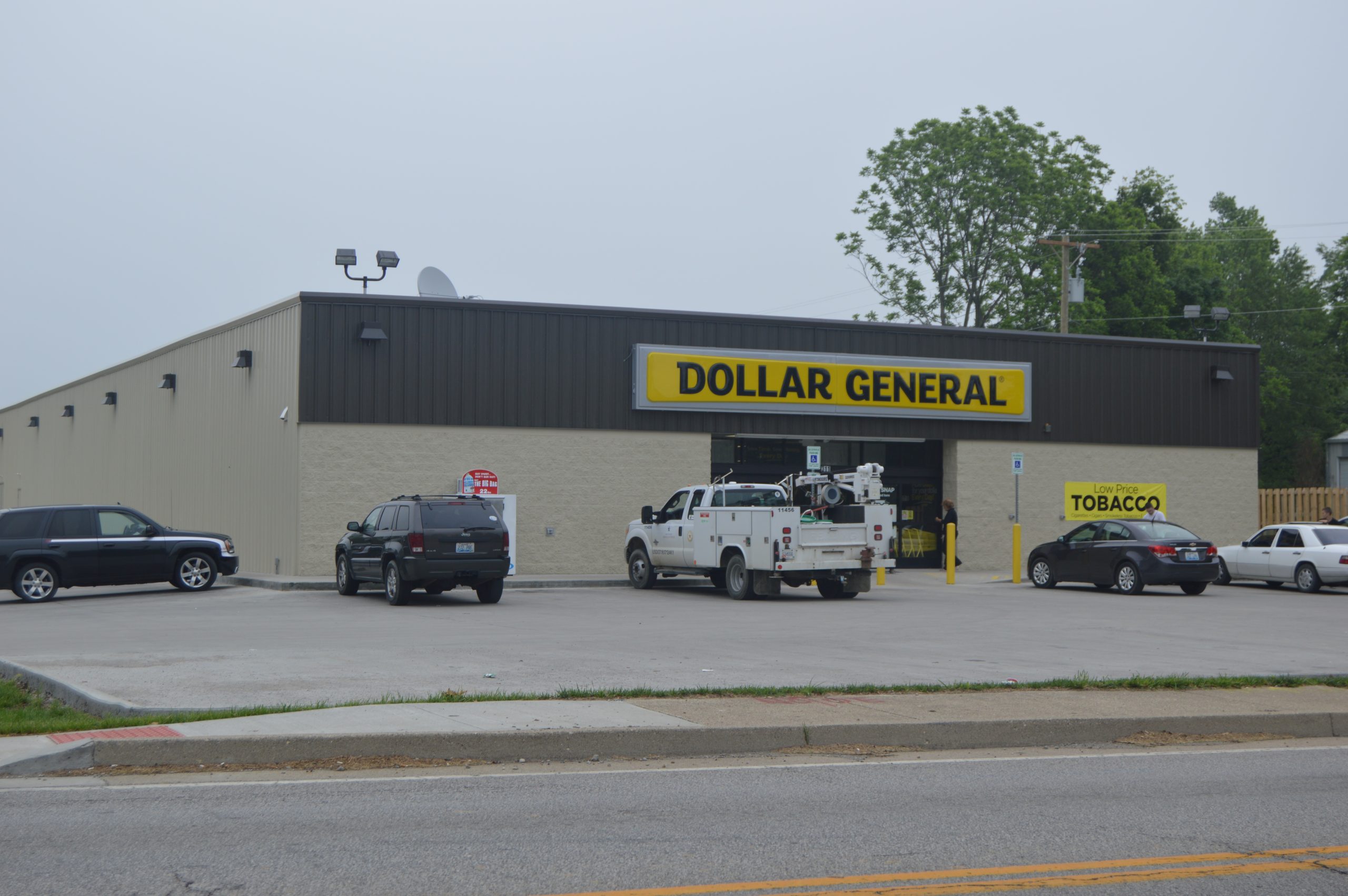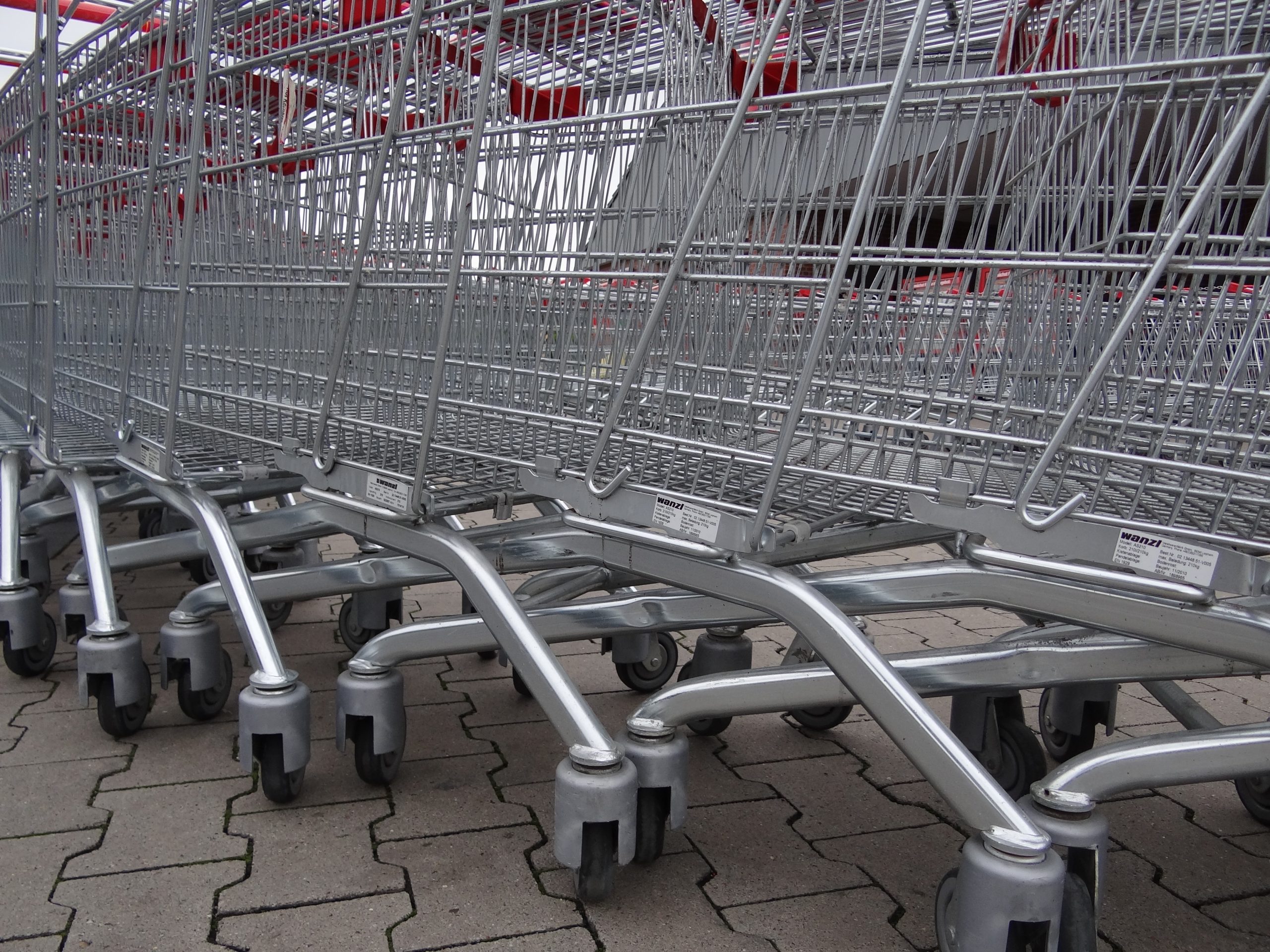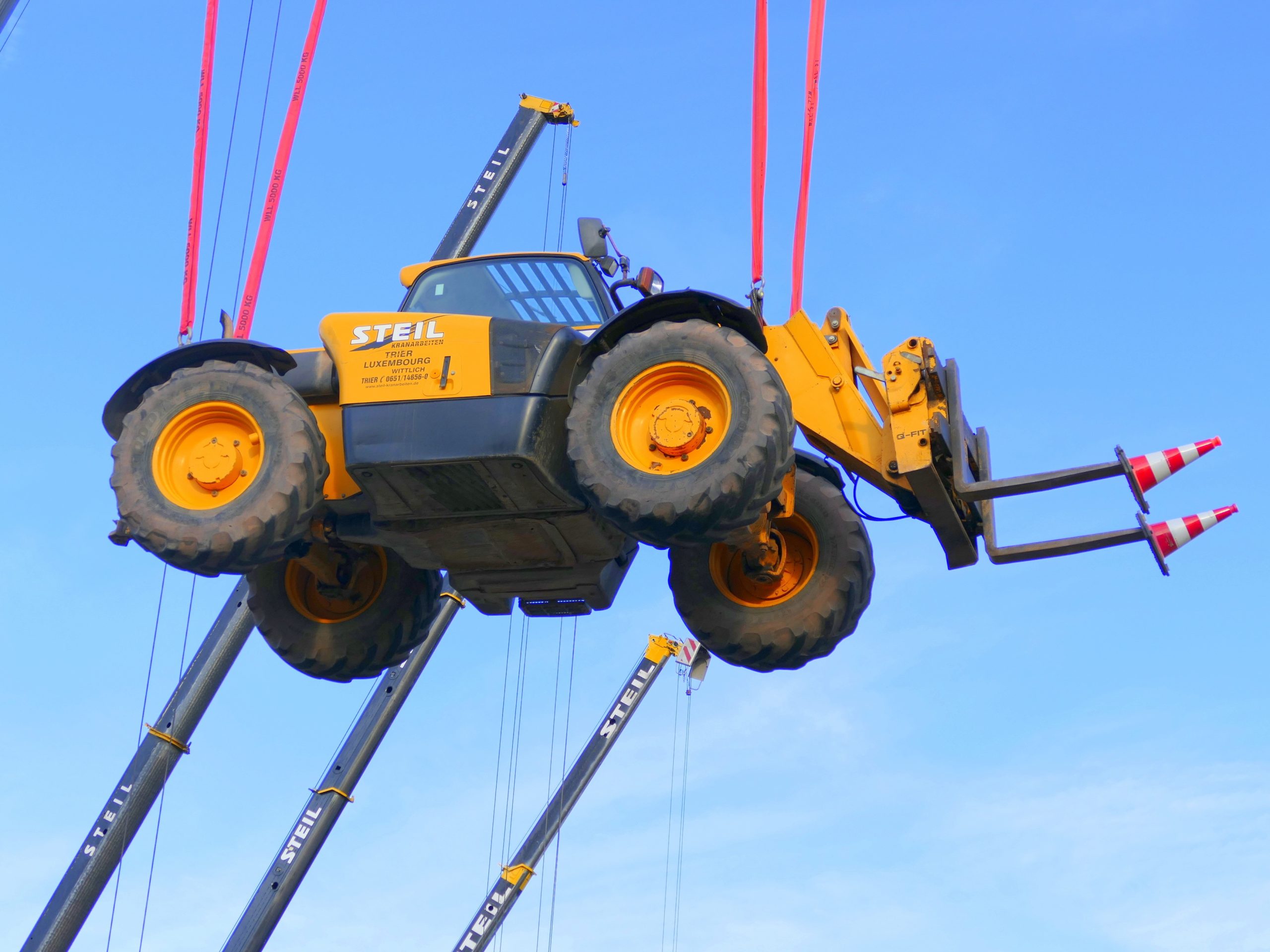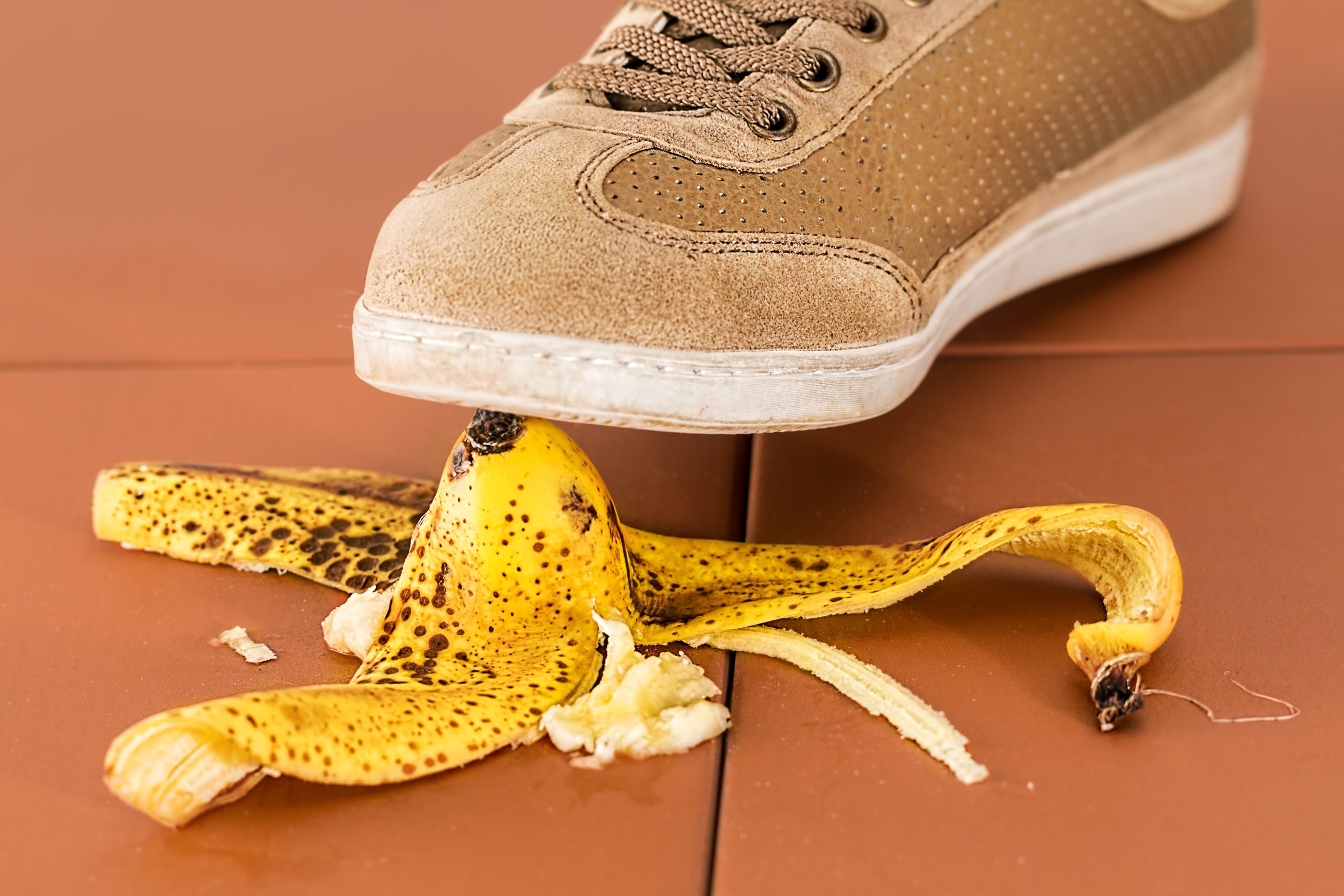 If you slip and fall over an item that has fallen at a store, you might think that you will be able to recover for your injuries in a lawsuit against the store. However, it is not enough to simply show that you slipped and fell. Instead, you must show that the store knew about or created the condition that caused you to slip and fall. Because Lilly Edwards could not show this, the court dismissed her lawsuit against a Baton Rouge, Louisiana, Dollar General store.
If you slip and fall over an item that has fallen at a store, you might think that you will be able to recover for your injuries in a lawsuit against the store. However, it is not enough to simply show that you slipped and fell. Instead, you must show that the store knew about or created the condition that caused you to slip and fall. Because Lilly Edwards could not show this, the court dismissed her lawsuit against a Baton Rouge, Louisiana, Dollar General store.
While shopping at a Dollar General store in Baton Rouge, Louisiana, Edwards tripped on a box that she later described as a poster board. She claimed this poster board fell into the aisle where she was shopping. Edwards claimed she tripped on it as she went around the corner, which caused her to fall and injure her knee. After this fall, Edwards sued the Dollar General store. Dollar General filed a motion for summary judgment, which the trial court granted. The trial court held that Edwards could not prove that Dollar General had known about the hazardous condition that resulted in her fall. Without this knowledge, Dollar General could not be found liable. Edwards then appealed the trial court’s grant of summary judgment to the Louisiana First Circuit Court of Appeal.
Summary judgment is appropriate when the evidence shows no genuine issues of material fact. See La. C.C.P. art 966(B)(2). Under Louisiana law, a store owner such as Dollar General owes a duty to people who come to shop there to exercise reasonable care to ensure its floors are kept in a reasonably safe condition and that the store has no hazardous conditions. See La. R.S. 9:2800.6. Here, Edwards had the burden of proving: (1) the poster board that she tripped over was an unreasonable risk of harm; (2) Dollar General had either created or had knowledge of the poster board on the floor; and (3) Dollar General did not exercise a reasonable standard of care.
 Insurance Dispute Lawyer Blog
Insurance Dispute Lawyer Blog


 Premises liability is an active area of personal injury law, and accidents occurring on public property are no exception. The question often arises, who is liable for a slip and fall on a public sidewalk? In this case, the Louisiana Third Circuit Court of Appeal was asked to determine the premises liability of the town of Lake Arthur for a fall occurring on a public sidewalk built and maintained by this public entity.
Premises liability is an active area of personal injury law, and accidents occurring on public property are no exception. The question often arises, who is liable for a slip and fall on a public sidewalk? In this case, the Louisiana Third Circuit Court of Appeal was asked to determine the premises liability of the town of Lake Arthur for a fall occurring on a public sidewalk built and maintained by this public entity. Everyone can picture a grocery store on a busy day. The aisles are congested, and workers are hurrying to replace products on the sales floor. There may be stocking carts blocking walkways. Who is responsible if a shopper trips over a worker’s cart and injures herself? What about if the worker and the shopper knew the cart was there?
Everyone can picture a grocery store on a busy day. The aisles are congested, and workers are hurrying to replace products on the sales floor. There may be stocking carts blocking walkways. Who is responsible if a shopper trips over a worker’s cart and injures herself? What about if the worker and the shopper knew the cart was there? Hospital admission can often be a terrifying experience, but even more so is an ICU admission. Your life is literally in the hands of hospital doctors and nurses. But what happens if you sustain injuries unrelated to your original illness or injury while in the ICU? A recent patient at Mercy Regional Medical Center in Ville Platte, Louisiana, was left with no legal recourse after sustaining multiple ant bites during her ICU stay.
Hospital admission can often be a terrifying experience, but even more so is an ICU admission. Your life is literally in the hands of hospital doctors and nurses. But what happens if you sustain injuries unrelated to your original illness or injury while in the ICU? A recent patient at Mercy Regional Medical Center in Ville Platte, Louisiana, was left with no legal recourse after sustaining multiple ant bites during her ICU stay.  Workers’ compensation is a financial support system that may be available to injured employees. It aims to ensure employees are compensated for their injuries and do not bear the entire expenses of medical bills. Workers’ compensation laws differ from state to state. Still, the general idea is that employees can get benefits regardless of who was at fault for the injury so long as the injury arose from an act during employment.
Workers’ compensation is a financial support system that may be available to injured employees. It aims to ensure employees are compensated for their injuries and do not bear the entire expenses of medical bills. Workers’ compensation laws differ from state to state. Still, the general idea is that employees can get benefits regardless of who was at fault for the injury so long as the injury arose from an act during employment.  Slip-and-fall cases are prevalent in the restaurant industry. In handling various kinds of food and drink, it makes sense that sometimes, things end up on the floor and can cause a slip hazard for customers. But when a customer falls without a clear cause, how can the court determine who is at fault?
Slip-and-fall cases are prevalent in the restaurant industry. In handling various kinds of food and drink, it makes sense that sometimes, things end up on the floor and can cause a slip hazard for customers. But when a customer falls without a clear cause, how can the court determine who is at fault? Imagine going shopping at your local Wal-Mart or other store and slipping and falling because there is standing water. You might think you can recover from the store for your injuries. However, simply showing that you slipped and fell is not enough to win in court. Rather, you must present sufficient evidence about the store’s involvement and knowledge of the unsafe conditions.
Imagine going shopping at your local Wal-Mart or other store and slipping and falling because there is standing water. You might think you can recover from the store for your injuries. However, simply showing that you slipped and fell is not enough to win in court. Rather, you must present sufficient evidence about the store’s involvement and knowledge of the unsafe conditions.